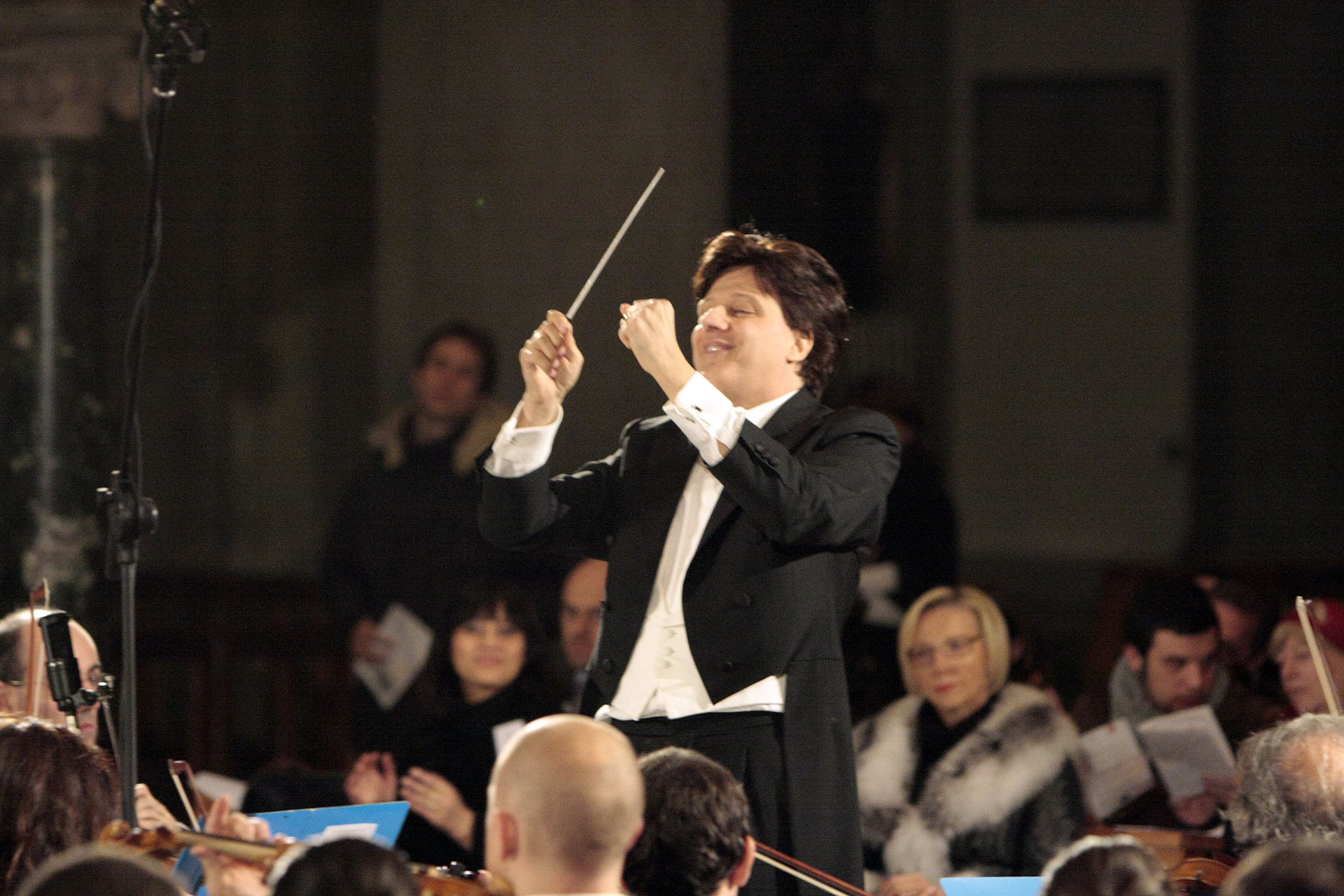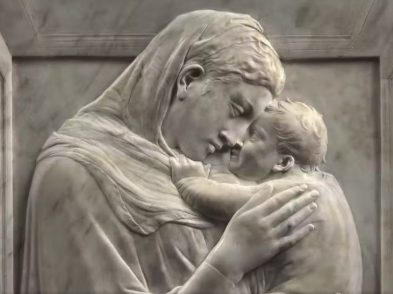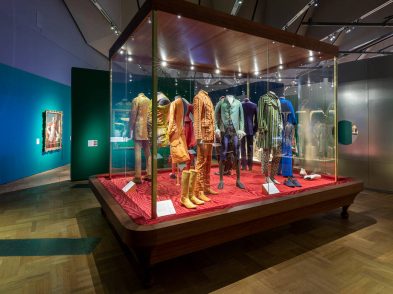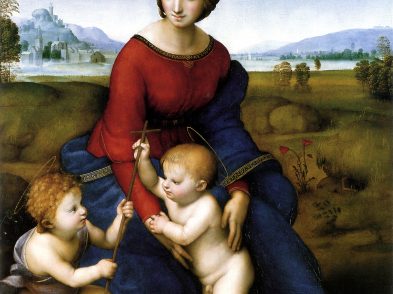On September 14 at Florence’s Accademia del Disegno e delle Arti, the Fiorentini nel Mondo Association awarded its annual coveted prize for sonorous arts to Maestro Stefano Burbi for his past, present and future achievements.

A symphony himself, Stefano Burbi is impetuous and passionate, tender and soothing like the notes he composes. At age four, he was a virtuoso at piano and violin was his playmate. Classical music has always run through his blood, although Burbi has an ear for other genres. After attending Florence’s Luigi Cherubini Conservatory of Music, he graduated with a degree in literature before commencing his career and being hailed as a composer in Canada.
The maestro has founded and conducted orchestras on both sides of the Atlantic since 1984 and continues to be one of the most prolific and authentic composers on the scene today. He has grappled with masses, ballets and soundtracks as well as symphonic and chamber music. Orchestras adore him, the public praises him, while the establishment views him with suspicion, believing him too good to be true.
An intellectual with common sense, sharp-minded and positive, Stefano Burbi is aware of his talent without acting like a prima donna and forever recognizes the talent of others. His musical instinct perfectly harmonizes with method and technique, which has led to his latest challenge: a musical.
Inspired by Burbi’s profoundly spiritual side, Disma is the star role, the “good thief” to whom Christ promises paradise while they both are on the cross. From the initial idea as a “solo composition”, the concept has expanded around this little-known figure who is only spoken about in the Gospel of Luke. Burbi makes the character into a spokesman for freedom and independence of the Jews from Rome. He and Barabbas, historically minor criminals, almost rise to heroes of the cause, revolving around Jesus and his teaching. On the other hand, the musical embraces the composter’s personal inspirations, conveying a message of human dignity, spiritual yearning and universal brotherhood. It is not another Jesus Christ Superstar, although it aspires to the same international success. Written in English, the plan is that the substantial musical will debut in London and, who knows, even on Broadway.
In the meantime, the maestro is already thinking about his next composition, freely based on Oscar Wilde’s The Canterville Ghost. This winning duo by a contemporary Florentine talent might even end up undermining the perennial Phantom of the Opera.








